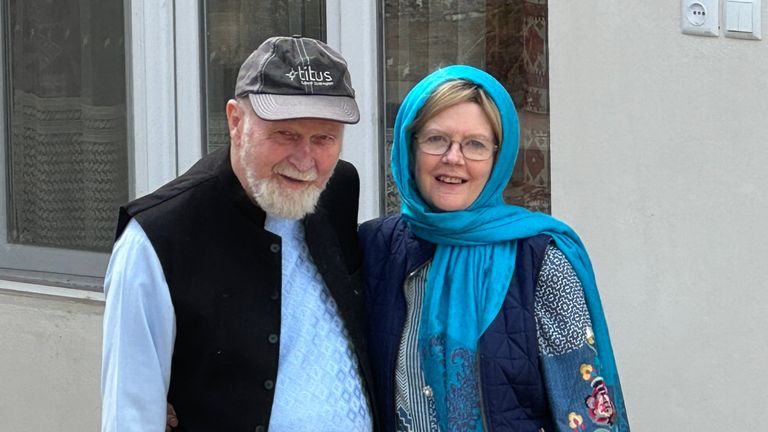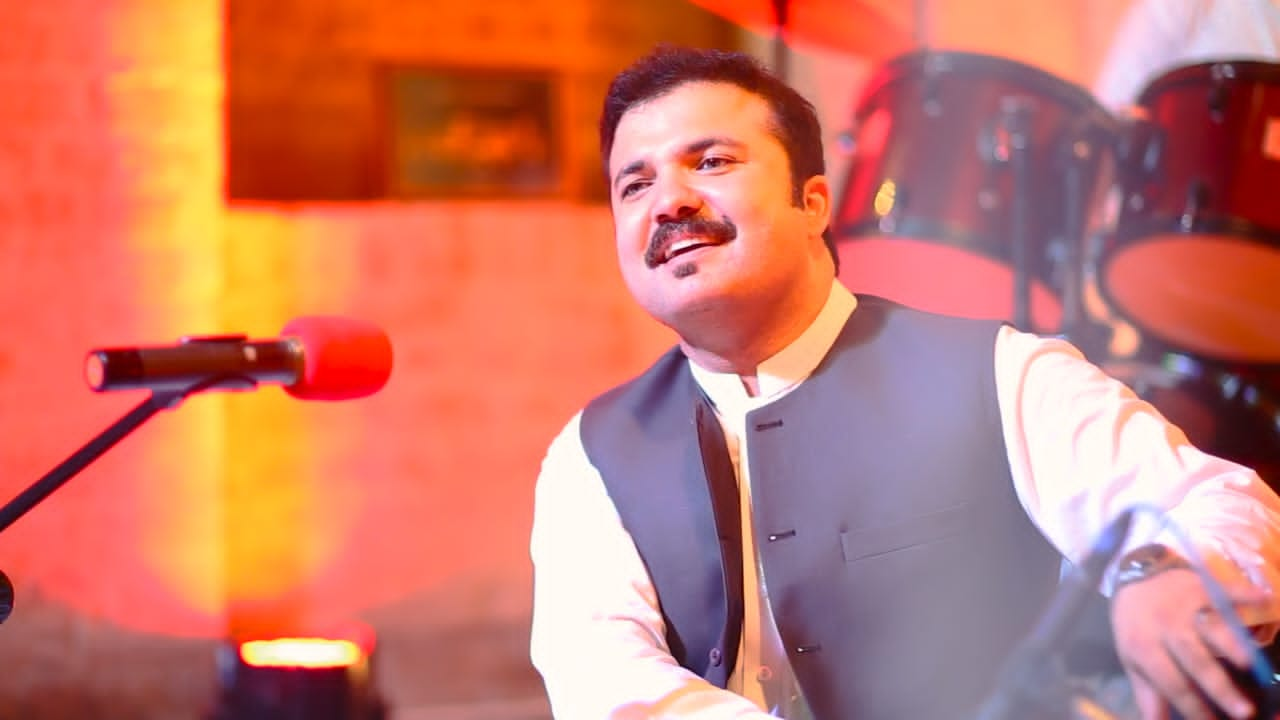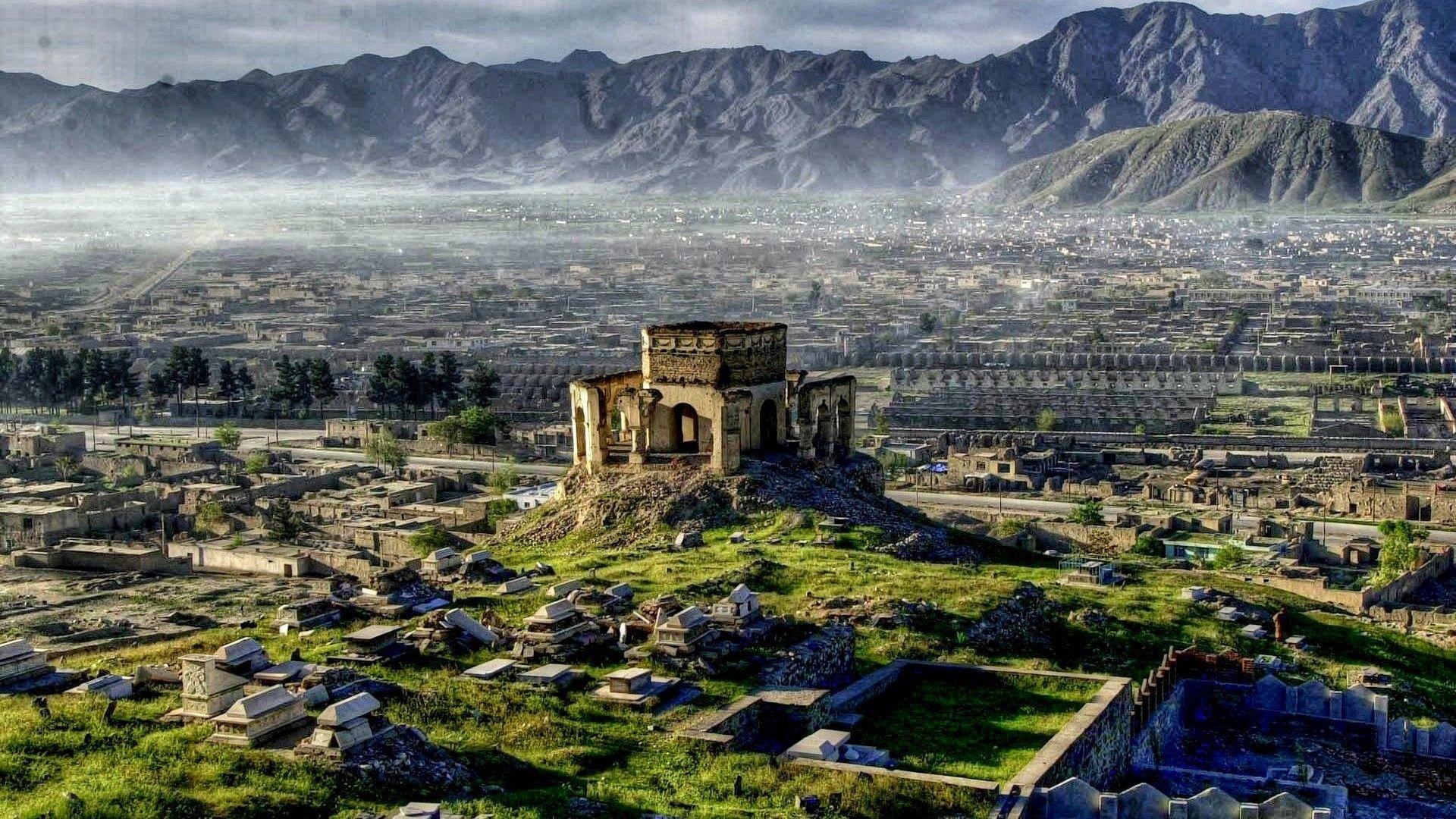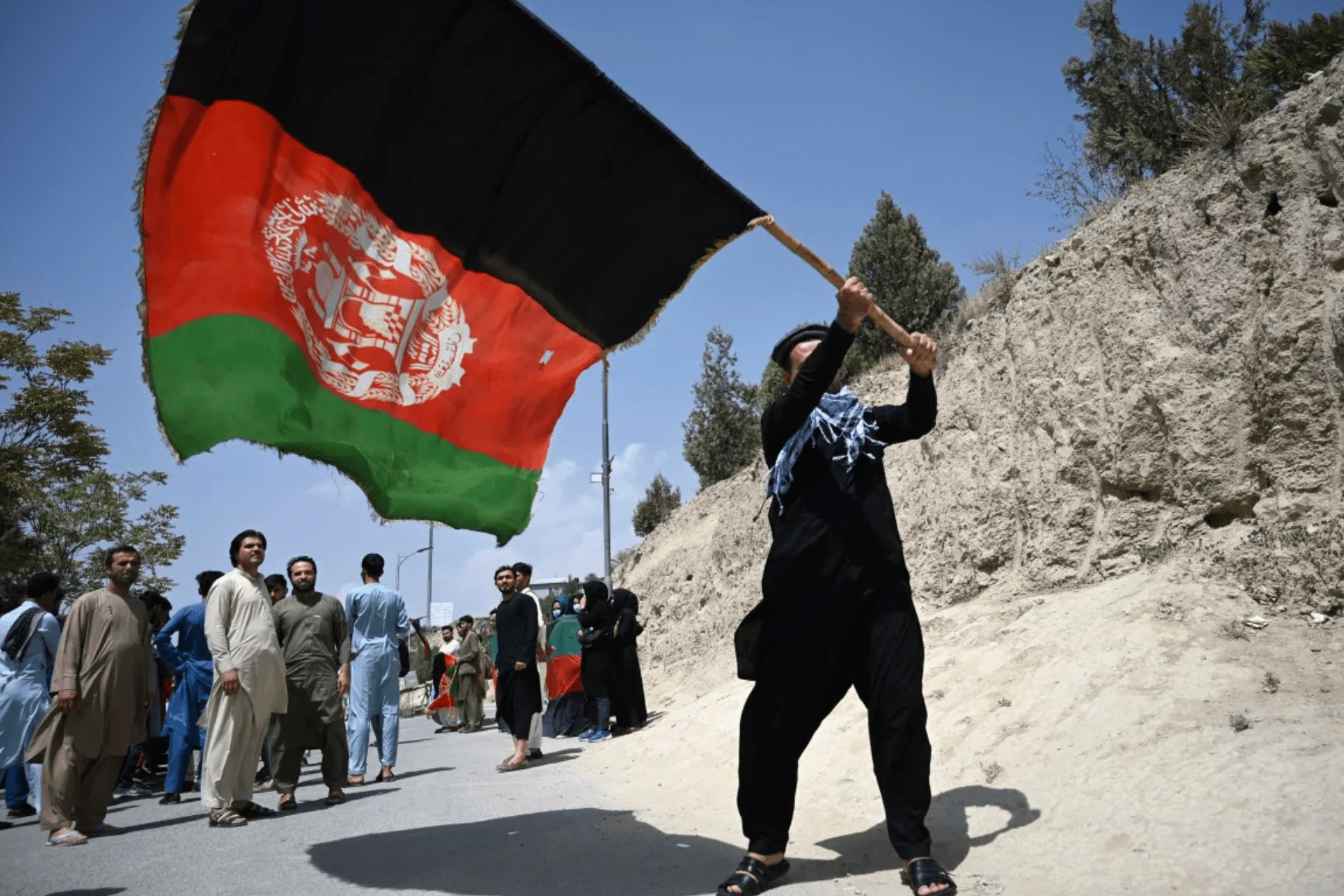Turkey’s intervention in the Kashmir India Conflict
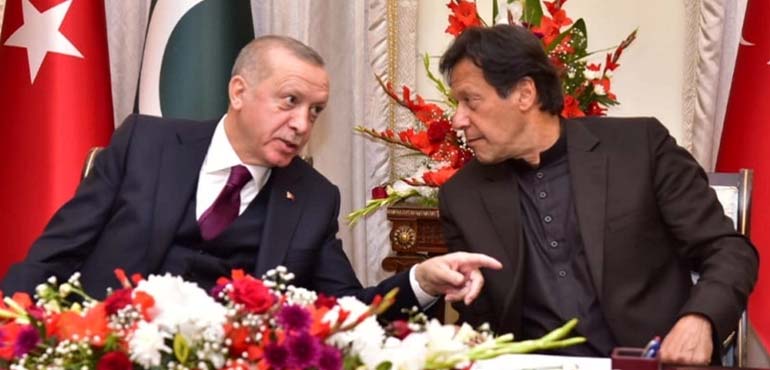
Turkey is considered as one of the very close allies of Pakistan and its government. When conflict started rising between India and Pakistan particularly in Kashmir, Turkey was one of the first countries to publish political statements on clarifying Turkish Governments’ position on the issue. The history Pakistan and Turkeys’ friendship goes back to the War of Independence in Turkey, when Pakistan was supporting the Turkish Government and people during their war. Relations between Pakistan and Turkey have been growing closer in recent years. In 2017, they had formed a trilateral bloc with Azerbaijan. No wonder then that Ankara and Islamabad had thrown their weight behind Azerbaijan during the Nagorno-Karabakh conflict. Last year, Turkey had joined Malaysia and Iran to hold Kuala Lumpur Summit to challenge the Saudi-dominated Organization of Islamic Cooperation (OIC). Pakistan had to back out after Saudi Arabia reportedly threatened it with sanctions.
The conflict between India and Pakistan in Kashmir region is very much similar to the conflict on Durand line in Afghanistan and the Israeli and Palestinian conflicts. Why wasn’t there any statements or actions taken by the Turkish government when it came to these two cases? The answer is very clear; it’s the political interests of Turkey in that region and trying to be a hero in the eyes of the Muslim population around the world. Turkey has been criticizing India and has been vocal in its support for Pakistan on the Kashmir issue on international platforms. And if reports are to be believed, Ankara may even go a step further to help Islamabad. Amsha a News Agency, reportedly explained that Turkish officers had asked him and other SNA commanders to list names of volunteers, and those who would agree to go would get $2,000 initially. The news agency also claimed there was a similar recruitment activity for a Kashmiri operation in Azaz, Jarablus, Bab, and Idlib. The volunteers would then be secretly taken out of the country. The report further said, “The jihadist troops of the so-called Syrian National Army (SNA) gathered and trained by Turkey in northern Syria are increasingly becoming Turkey’s international mercenary army”. Erdogan’s interference in Nagorno-Karabakh was about pan-Turkism goals, his plans in Kashmir are for pan-Islamism.
Recently the Kurdish news agency “Furat” citing unnamed sources, reported that a leader in the Syrian “Suleiman Shah” militia loyal to Turkey revealed the latter’s intention to transfer numbers of Syrian militia militants to the disputed Kashmir region between India and Pakistan. Turkey is escalating tensions between countries after Syria, Libya and Karabakh, and now it is the turn of Kashmir. Turkey’s desire to interfere and to escalate tensions between India and Pakistan in the Kashmir region.
Erdogan also told how Turkey raised the Kashmir issue at the UN General Assembly last September, in the wake of a lockdown in Indian-administered Jammu and Kashmir. In a recent television interview, Turkish President Recep Tayyip Erdogan advocated a "multilateral" solution to the Kashmir Dispute - and this is only one of his positions that may cause diplomatic tension with India.
It is more interesting to see his comments on the “causalities” in Kashmir only. He mentioned in one of his interviews: “"We should not allow more casualties to occur and by strengthening multilateral dialogue, we can be involved, through multilateral dialogue, I think we have to seek out ways to settle this question once and for all." Why is he calling out only on causalities in Kashmir and not the casualties in India? Moreover, finding a solution to the ongoing conflict by having a multilateral discussion cannot end the issues in that region because, India has always opposed third-party intervention in India-Pakistan bilateral issues while Pakistan has continuously sought mediation to sort out differences over Kashmir and other disputes. If a decision is to be made on this conflict, it’s the responsibility of the international community like the UN to do so. There shouldn’t be third party interventions like Turkey, otherwise the situation in Kashmir might get worse than what it is right now.
- 2020 Dec - 07



